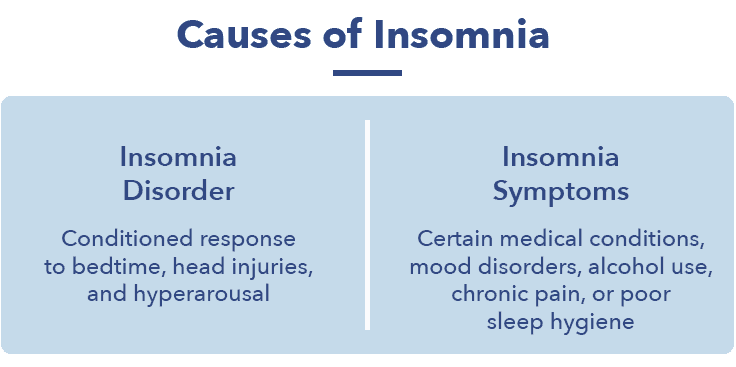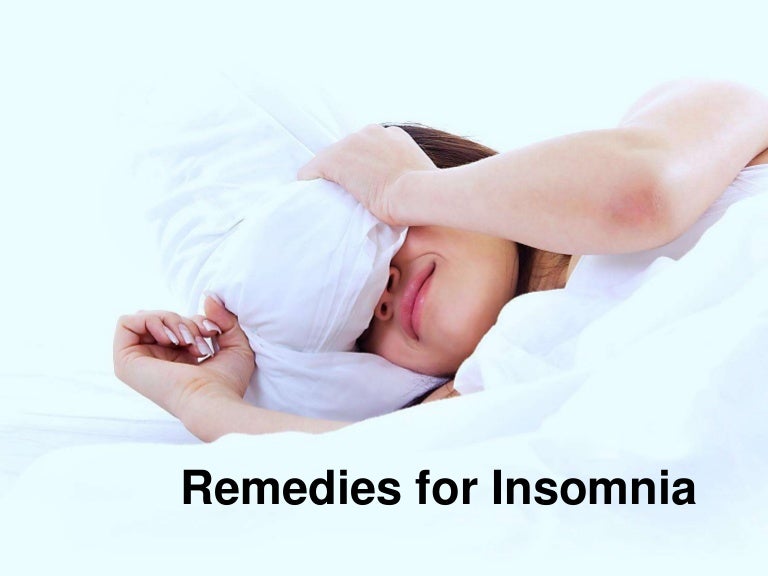

Researchers don’t know what the long-term effects of using them are. There isn’t much evidence about how well these products work. Some examples are melatonin and valerian. Don’t drink alcohol while you are taking an OTC sleep aid.Ĭertain supplements are advertised as treatments for insomnia. Be sure to follow the directions on the label carefully.

OTC sleep aids are not meant to be used for a long time. But it’s a good idea to check with your doctor before you try one. You don’t need a doctor’s prescription to get an over-the-counter (OTC) sleep aid. It is often just as effective as prescription sleeping medicines. You can also learn muscle relaxation and deep breathing exercises to help you relax. It usually includes learning ways to relax and not worry as much about sleep.
INSOMNIA TREATMENTS TV
Follow a bedtime routine, keep your room dark and cool, and avoid watching TV or using your phone in the bedroom. These include caffeine, some medicines, and alcohol. Avoid substances that make sleeping harder.It also may depend on what kind of insomnia you have. Treatment usually depends on your health and sleep history. There are several ways to treat insomnia. Lab technicians monitor your brain activity, eye movements, oxygen levels, heart rate, and blood pressure while you sleep. This is when you sleep in a lab overnight.

If your doctor thinks another sleep disorder is causing your insomnia, he or she may order a sleep study. This will help him or her rule out other medical problems that could be causing your insomnia. A sleep diary may help you and your doctor identify patterns and conditions that are affecting your sleep. Take your sleep diary to your next doctor’s appointment. What you drank (caffeine or alcohol and at what time).How you felt during the day (sleepy or alert).How long you were in bed before falling asleep.Your doctor may suggest you keep a sleep diary. The information may help your doctor determine the cause of your insomnia. He or she also may ask you to wear a small monitor while you sleep. If the cause of your insomnia isn’t clear, your doctor may order a blood test. If you have a bed partner, your doctor may ask him or her if you snore while you sleep. If you have any pain, such as from arthritis.About events or problems in your life that may be upsetting you.Questions about your sleep habits, including when you go to bed and when you get up.Insomnia is diagnosed primarily based on your medical and sleep history. These include caffeine, tobacco, and alcohol. Additionally, the use of some substances can cause insomnia. These include asthma medicines, allergy or cold medicines, and certain heart and blood pressure medicines. Secondary insomnia also can be caused by some medicines. Other conditions: Such as overactive thyroid, stroke, or menopause.Breathing disorders: Asthma or heart failure.Sleep disorders: Restless legs syndrome or sleep apnea.Gastrointestinal disorders: Heartburn, GERD.Pain conditions: Arthritis and headache disorders.Neurological disorders: Alzheimer’s or Parkinson’s disease.Emotional conditions: Depression, anxiety, and posttraumatic stress disorder.Many different disorders can cause insomnia. Some cases of insomnia are a symptom or side effect of another problem. Habits that you’ve formed to deal with your lack of sleep (naps, worrying about sleep, going to bed early).Travel or work schedules that disrupt your sleep routine.Major or long-lasting stress or emotional upset.Things that can cause this kind of insomnia include: That is why older people may sleep less at night and take naps during the day. However, sleep patterns may change as you age, and become less deep and restful. The amount of sleep you need stays about the same throughout adulthood. You know you’re getting enough sleep if you don’t feel sleepy during the day. Most adults need between 7 and 9 hours of sleep each night. These include high blood pressure, heart disease, and diabetes. If you don’t get enough sleep on a regular basis, you’re at increased risk of diseases. If you have insomnia, you may worry about being able to sleep. It can also make it hard for you to concentrate or perform tasks during the day. It can make you feel tired, depressed, and irritable. Insomnia can affect you mentally and physically. Getting enough sleep is an important part of a healthy lifestyle. However, it’s more common in older adults, and more women than men have it. Chronic insomnia is when your sleeping problem happens several nights a week and lasts for more than a few months. Acute insomnia is short-term trouble sleeping. Insomnia is a sleep disorder that happens when you have trouble falling asleep, staying asleep, or both.


 0 kommentar(er)
0 kommentar(er)
